Nuclear Warning
As the Ukraine crisis deepens, Russian President Vladimir Putin’s explicit nuclear warning has sent shockwaves through the global geopolitical landscape.
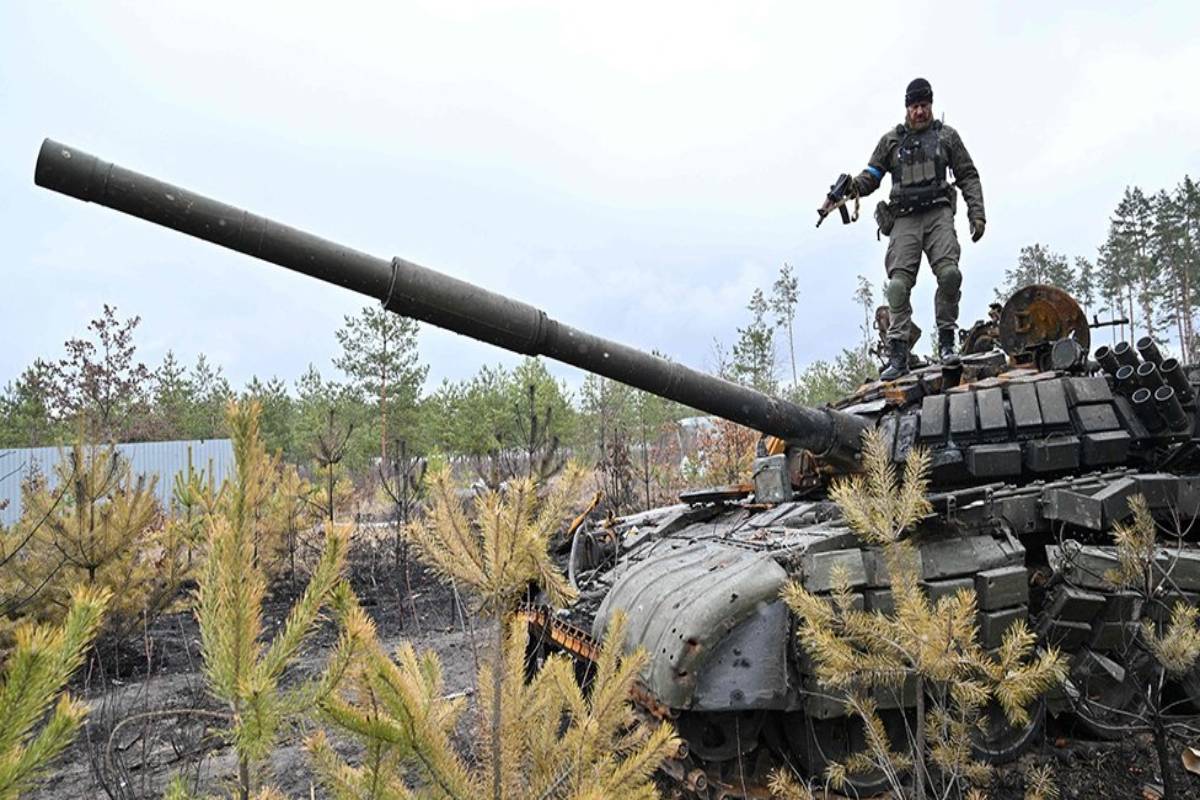
As the Ukraine crisis deepens, Russian President Vladimir Putin’s explicit nuclear warning has sent shockwaves through the global geopolitical landscape.
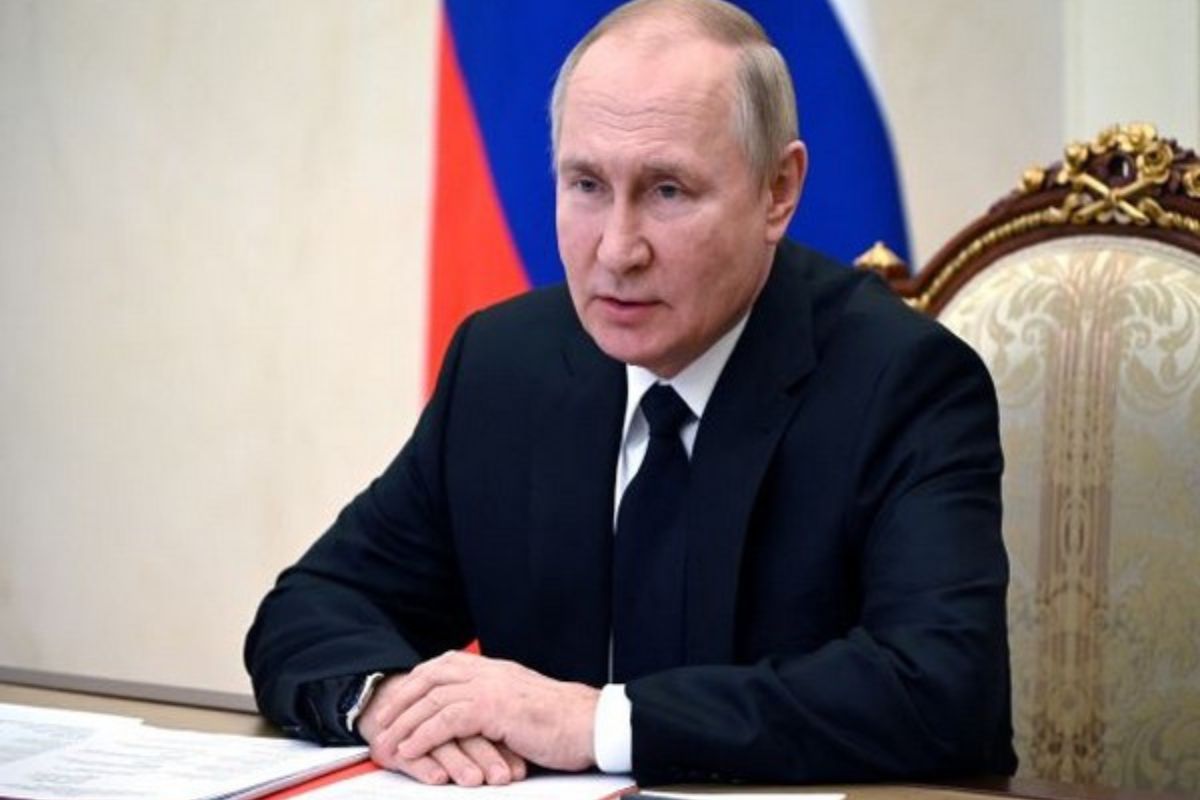
Russian President Vladimir Putin has signed a law that authorizes the government to temporarily reduce or fully eliminate export duties of certain goods to "friendly countries".
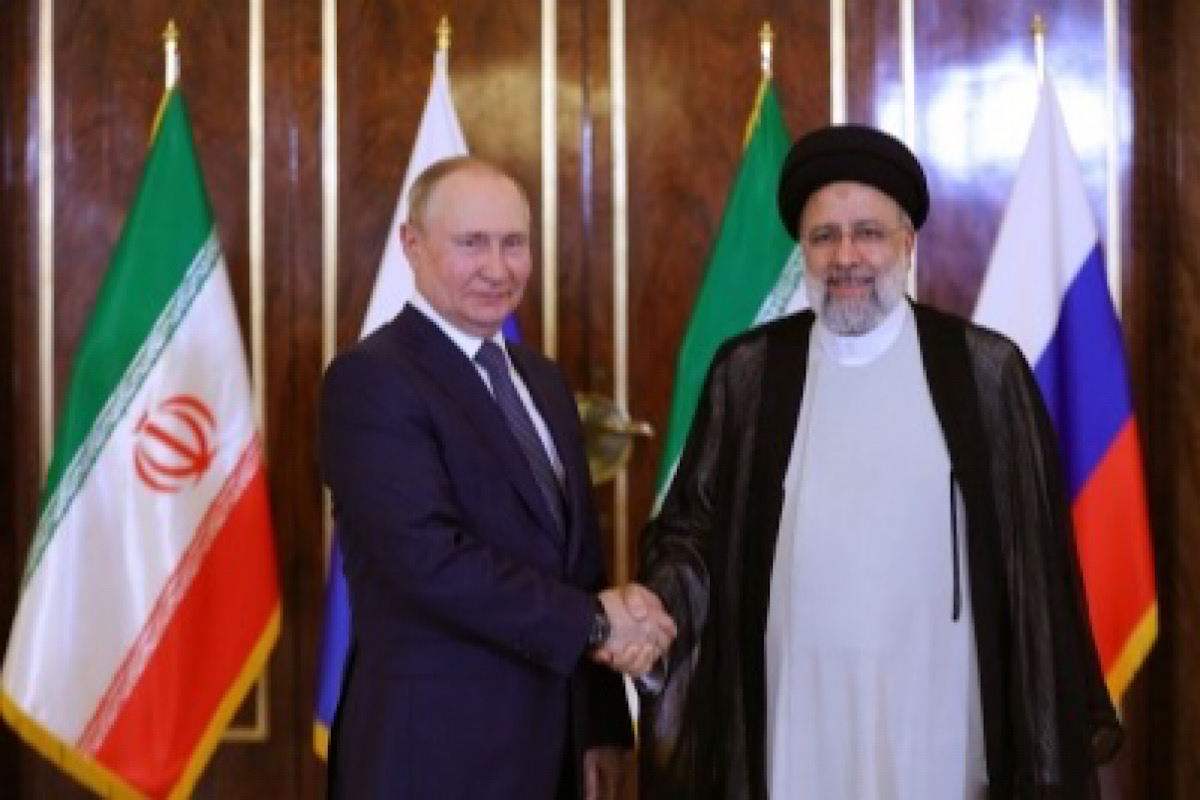
Iranian President Ebrahim Raisi has stressed that "the ground is prepared" for taking more effective steps to expand cooperation between Iran and Russia in line with the interests of both sides.
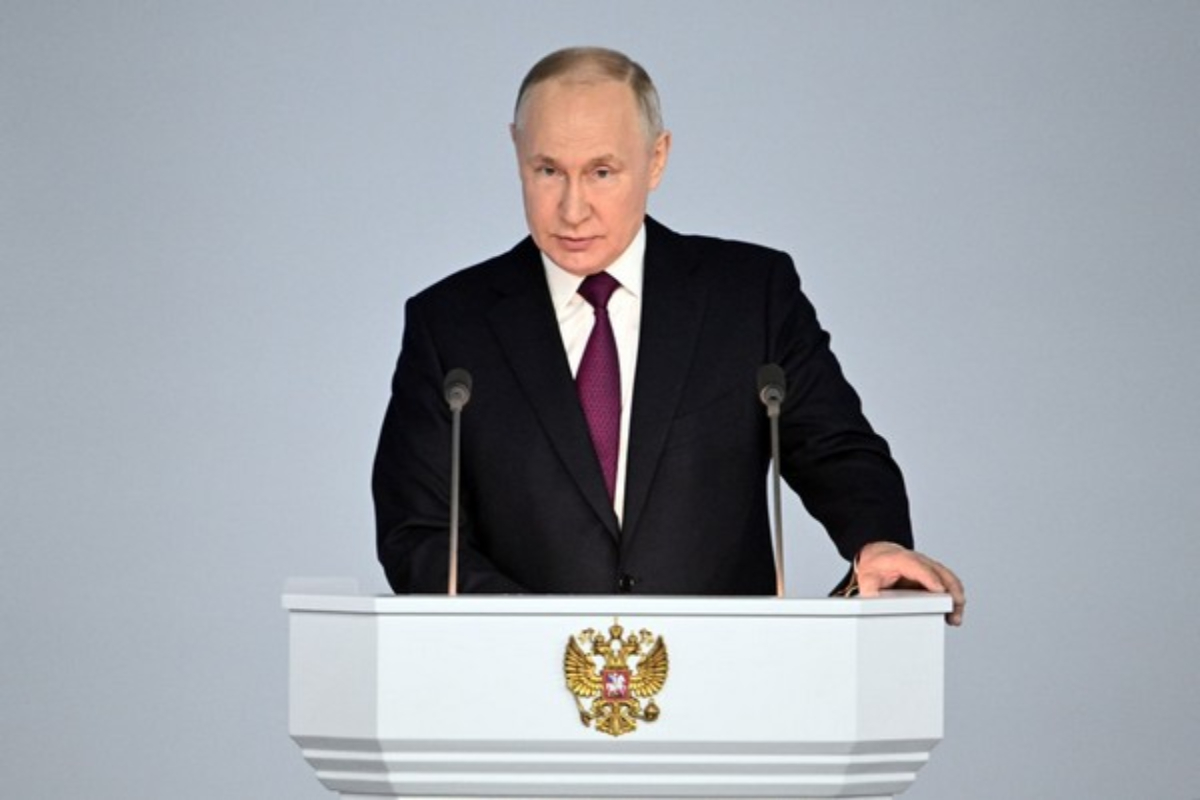
Russian President Vladimir Putin has signed a decree, extending a previous ban on the import and export of certain Russian raw materials and goods until 2025, according to a document published on the country's official legal information portal.
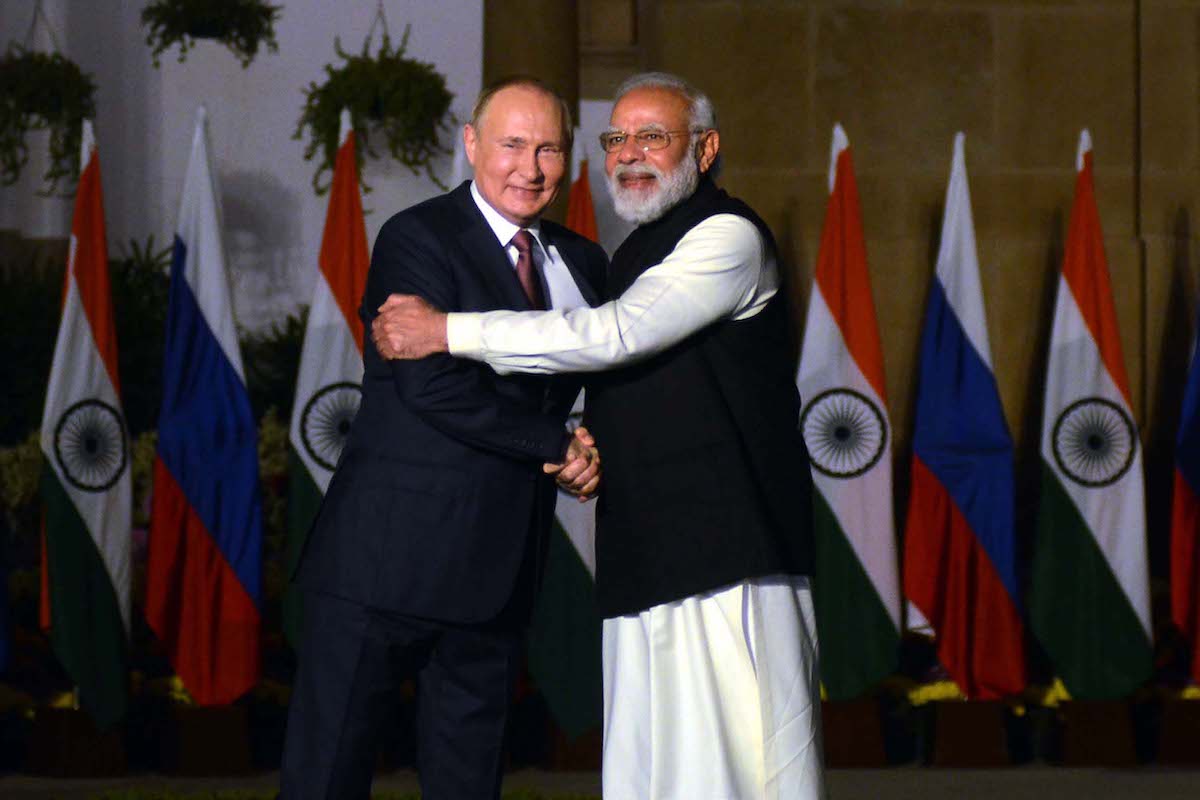
Prime Minister Narendra Modi held a telephonic conversation with Russian President Vladimir Putin and discussed issues of bilateral cooperation including Shanghai Cooperation Organisation (SCO) and G20.
The phone call comes just after Erdogan said earlier in the day that the outcome of his discussion with Putin would "determine" Turkey's attitude toward the Idlib issue.
On January 16, Medvedev was appointed deputy chairman of Russia’s Security Council.
The secretive strategist oversaw political parties in parliament and electoral campaigns that invariably handed victory to Putin.
On his part, Lavrov said Russia is keen to cooperate closely with Italy in international efforts to end Libya's years-old civil war.
Idlib has been a stronghold of the opposition and anti-government armed groups since the outbreak of the Syrian civil war in 2011.